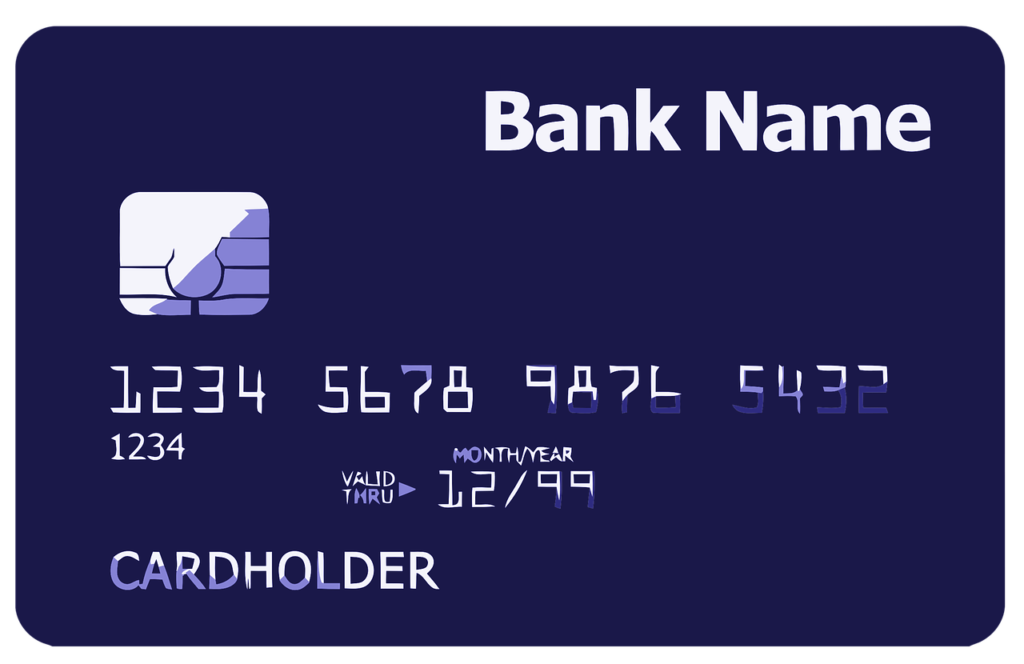In today’s digital age, the use of credit cards has become an integral part of our financial lives. Whether it’s online shopping, making reservations, or even paying for groceries, credit cards offer a convenient and secure way to make transactions. So, what is a credit card and how does it work?
At its core, a credit card is a plastic card issued by a financial institution, such as a bank or credit union, that allows individuals to borrow money to make purchases. Unlike a debit card that withdraws funds directly from your bank account, a credit card provides you with a line of credit. This means that when you use a credit card to pay for something, you are essentially borrowing money from the issuing institution, with the promise to pay it back later.
When you receive a credit card, you are assigned a credit limit, which represents the maximum amount of money you can borrow using the card. This limit is determined by various factors, including your credit history, income, and overall financial situation. It’s important to note that exceeding your credit limit can result in penalties and fees, and potentially damage your credit score.
Each credit card comes with a unique 16-digit card number, an expiration date, and a security code. These details are used to identify your card when making purchases or online transactions. In addition, some credit cards also offer additional security features like PINs (Personal Identification Numbers) or biometric authentication methods such as fingerprint or facial recognition.

When you make a purchase using a credit card, the transaction is processed through a payment network such as Visa, Mastercard, or American Express. The payment network acts as an intermediary between the merchant, the cardholder, and the card issuer. It verifies the transaction details, authorizes the payment, and transfers the funds from the issuer to the merchant.
Credit cards offer several benefits to consumers. One of the most significant advantages is the ability to make purchases even when you don’t have sufficient funds in your bank account. This can be particularly useful in emergencies or when you need to make a large purchase. Credit cards also provide protection against fraud and unauthorized transactions. If your card is stolen or if you notice any suspicious activity, you can report it to the card issuer, and they will typically investigate and reverse any fraudulent charges.
However, it’s crucial to use credit cards responsibly. While they offer convenience and flexibility, they also come with the responsibility to manage your finances wisely. Credit cards have an associated interest rate, typically expressed as an annual percentage rate (APR). If you don’t pay off the full balance on your card each month, the remaining amount accrues interest, which can add up quickly and result in debt if not managed properly.
Failure to make timely payments or exceeding your credit limit can also negatively impact your credit score. Your credit score is a numerical representation of your creditworthiness and plays a crucial role when applying for loans, mortgages, or even renting an apartment. Responsible credit card usage, including making payments on time and keeping your credit utilization low, can help build and maintain a good credit score.
In conclusion, credit cards are powerful financial tools that offer convenience, flexibility, and security. They allow individuals to make purchases and access funds when needed, with the promise to pay them back later. However, using credit cards responsibly and understanding their terms and conditions is important to avoid falling into debt or damaging your creditworthiness. By making informed financial decisions, credit cards can be valuable assets in managing your personal finances effectively.